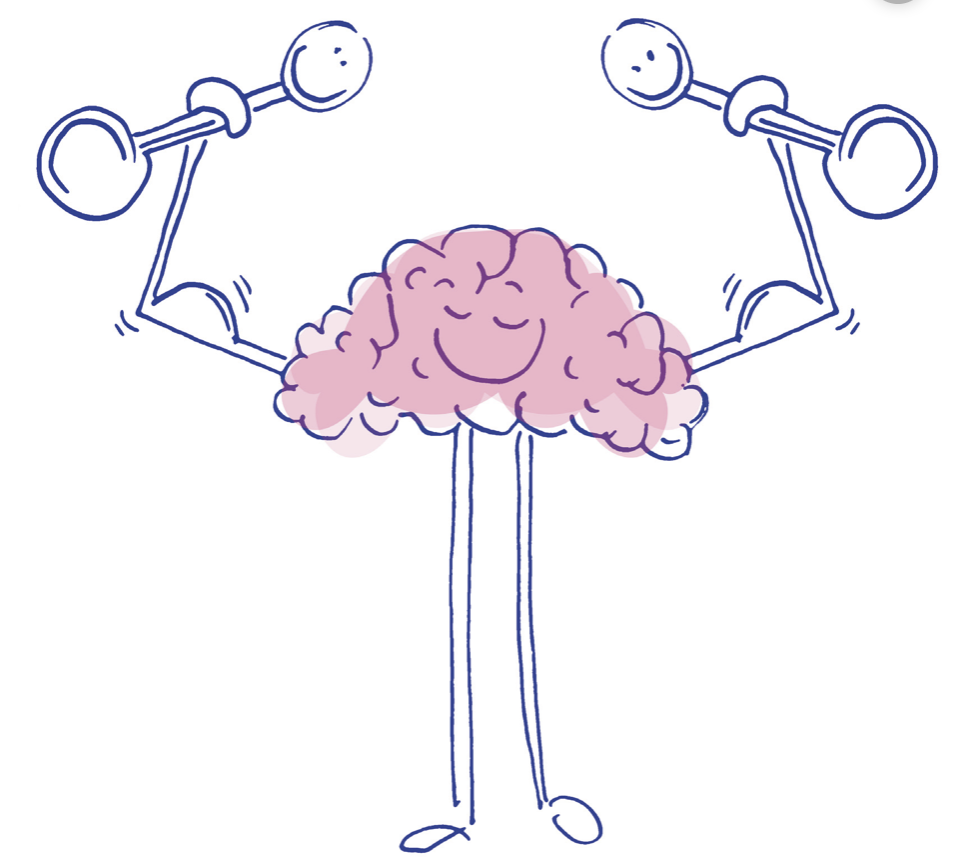When Things Don’t Go According To Plan – The Importance of Emotional Flexibility
 How do you handle it when things don’t go according to plan? How do you handle conflict and stress? Are you open to other people’s ideas and beliefs? Are you able to go with the flow or do you subscribe to a rigid set of beliefs and fall apart when things aren’t going your way?
How do you handle it when things don’t go according to plan? How do you handle conflict and stress? Are you open to other people’s ideas and beliefs? Are you able to go with the flow or do you subscribe to a rigid set of beliefs and fall apart when things aren’t going your way?
In our rapidly changing world, being able to cope, deal with difficulties, effectively adapt to changes and flexibly choose from an extensive range of possible solutions are important skills. According to research, lack of emotional flexibility contributes to anxiety disorders (Social Anxiety Disorder, General Anxiety Disorder, Panic Disorder, Phobias), Obsessive Compulsive Disorder (OCD) and depression.
As human beings, we all have desires and wants. We want certain things to happen and we don’t want some things to happen. When these desires are preferences, we tend to do quite well psychologically. However, when these wants become rigid demands, we tend to struggle. It has been noted that emotional and psychological flexibility are at the core of mental well-being and help to reduce symptoms of anxiety and depression. Emotional flexibility consists of being able to regulate emotions and respond healthily to changing situations. It is the ability to choose one’s behaviors based on personal values and remain present regardless of unpleasant situations and uncomfortable feelings.
According to research, flexibility is adaptive and rigidity and inflexibility is not adaptive. If you are inflexible, you may not be able to adapt if a goal or situation must change or if a belief is challenged. You may strive to have things go your way so you can feel safe and you may fear the unknown. Uncertainty is likely very frightening to you and change may feel like chaos. On the other hand, an emotionally flexible person has the ability to regulate thoughts and behaviors depending on the situation, is open to hearing new ideas and learn new ways of doing things.
Emotional flexibility can be improved by working on the following:
- Learning to see challenging situations as something that can be overcome instead of thinking of them as insurmountable problems.
- Keeping things in perspective and learning from mistakes.
- Accepting that change and stress are part of life.
- Surrounding yourself with a supportive network of family and friends.
- Taking control, being decisive and making decisions.
- Practicing healthy self-talk.
- Practicing self-care with good nutrition, exercise and sleep hygiene.
Our lives are full of stressors and often filled with unexpected change and situations we think we cannot handle. We respond to this stress with anxiety. Anxiety can adversely affect our life, but fortunately a method of therapy known as Cognitive Behavioral Therapy (CBT) has been found to significantly reduce symptoms of anxiety and thereby increase emotional flexibility. CBT is proactive, effective and collaborative. At GroundWork Counseling in Orlando, CBT therapists that specialize in treating anxiety disorders (Social Anxiety, Generalized Anxiety Disorder, Panic Disorder, Phobias), Obsessive Compulsive Disorder (OCD) and depression, work with clients to uncover and effectively change inflexible mental patterns that lead to distress. At GroundWork Counseling in Orlando, we are committed to providing evidence-based, effective treatments.
Speak With An Orlando CBT Therapist
407-378-3000





